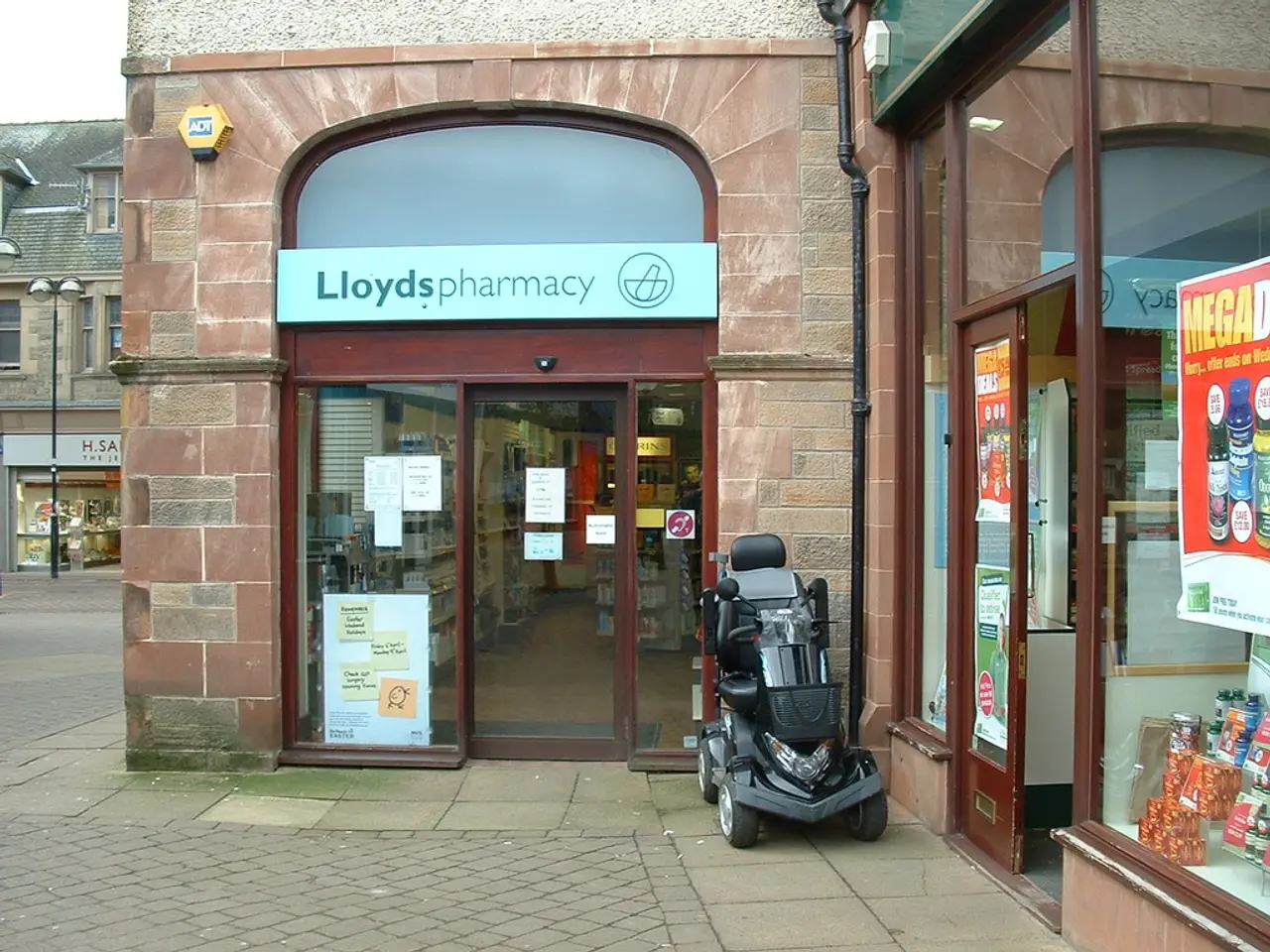Differentiating Between Generic and Brand-Name Medicines: An Overview
In the world of pharmaceuticals, the terms 'brand' and 'generic' are commonly used, but what do they really mean?
Most active pharmaceutical ingredients (APIs) and generic medications are manufactured outside the U.S., primarily in countries like China, India, and various other nations. However, when it comes to quality, safety, and effectiveness, both 'brand' and 'generic' medications must meet the same stringent standards.
'Brand' medications are the result of years of research and clinical trials. They are new discoveries that go through extensive testing before they are ready for use. The manufacturer of the 'brand' can set any price for that medication to profit from their innovation.
On the other hand, 'generic' medications are released onto the market once the patent for the 'brand' medication has expired. They contain the same active ingredient as the 'brand' medication and are required to have the same effects, including any side effects and adverse reactions. The main difference lies in appearance and inactive ingredients.
Despite their differences, both 'brand' and 'generic' medications serve the same purpose and provide the same benefits. However, doctors may be cautious when switching medications with a narrow therapeutic index (NTI), such as blood thinners, thyroid medications, heart medications, epilepsy medications, etc., due to potential risks associated with slight variations in medication levels.
The cost of medications is a significant concern for many. In the U.S., 'generic' medications account for 90% of prescriptions filled but only 28% of spending on medications. In 2017, 'generic' medications saved U.S. consumers $293 billion, and over the past decade, they have saved over $1 trillion.
It's important to note that there are no laws that restrict the substitution of any FDA-approved 'generic' or 'brand' medication. Most insurance companies have a formulary, or list of preferred drugs, in a step system of five or six tiers. The lower tiers have preferred generics and are usually just a few dollars. The highest tier has specialty 'brand' medications that usually require prior authorization or approval from your insurance company.
In rare cases, you might have a reaction to an inactive ingredient in a 'generic' medication. If you switch from a 'brand' to a 'generic', you may need closer monitoring to ensure the medication is suitable for you.
The choice between a 'brand' or 'generic' medication is up to the patient and their doctor based on comfort and budget. If a medication has no 'generic' available, you may need to take a 'brand-name' medication.
The Food and Drug Administration (FDA) plays a crucial role in ensuring the safety and quality of medications. They give protection to 'brand' manufacturers to allow them to profit from their innovation and research for several years. If the FDA discovers problems with safety or quality, a recall is issued for the affected medication to keep the public safe.
Online pharmacies also come under the FDA's scrutiny. In recent years, the FDA has issued warnings to online pharmacies like Global Drug Supply (Canadadrugs.com) for selling misbranded and unapproved new drugs. It's essential to be cautious when purchasing medications online and only use reputable sources.
If you have questions about a specific medication, the best resource is your pharmacist. They can provide valuable information and help you understand more about the medication your doctor has prescribed.
The rising cost of prescription drugs is a significant concern in the U.S. In 2016, the U.S. spent $328 billion on prescription drug costs and is projected to increase to $610 billion by 2021. Cost is one of the main reasons a 'generic' is a better choice, as 'generic' medications are a lot less expensive than their 'brand' counterparts.
In conclusion, while 'brand' and 'generic' medications may differ in appearance and inactive ingredients, they work the same way and provide the same benefits. The choice between a 'brand' or 'generic' medication is a decision best made by the patient and their doctor, taking into account comfort, budget, and potential risks.
Read also:
- Is it advisable to utilize your personal health insurance in a publicly-funded medical facility?
- Dietary strategies for IBS elimination: Aims and execution methods
- Benefits, suitable dosage, and safety considerations for utilizing pumpkin seed oil in treating an overactive bladder
- Harmful Medical Remedies: A Misguided Approach to Healing




